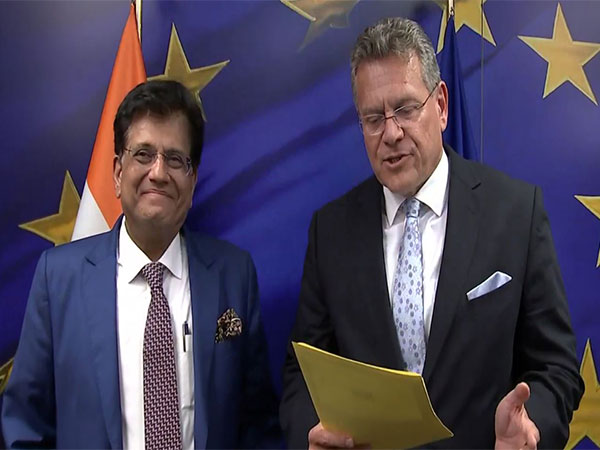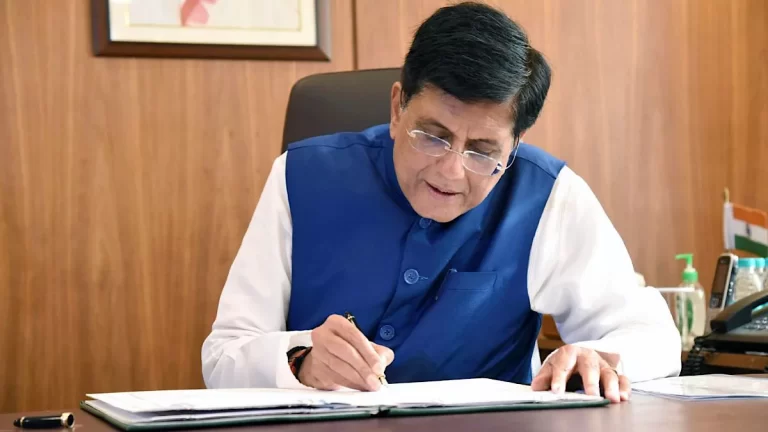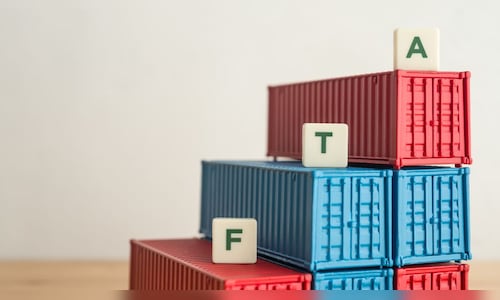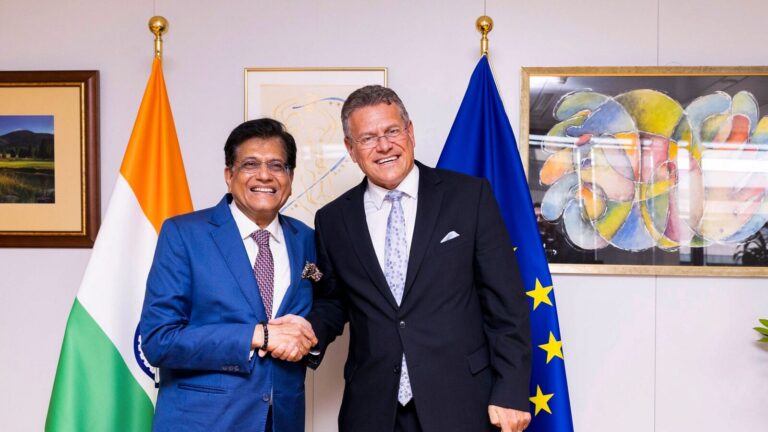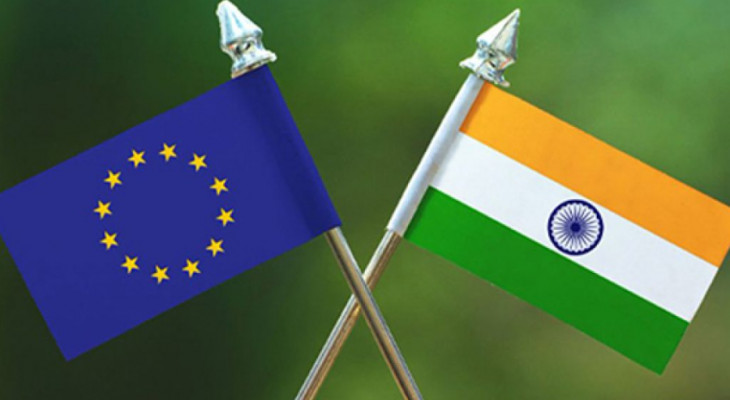
India and the European Union (EU) aim to conclude a complete free trade agreement (ALE) by the end of 2025, following high-level discussions between trade and the Minister of Industry Piyush Goyal and the European Commissioner for Trade and Economic Safety Maroš Šefčovič. Reunion, held in the context of the uncertainty of global trade, underlined a shared determination to deepen bilateral economic links while browsing complex regulatory and political differences.
The dialogue is based on the political leadership established earlier this year during the visit of the college of EU commissioners in New Delhi, led by the president of the European Commission Ursula von der Leyen and Prime Minister Narendra Modi. Officials on both sides have described the current negotiations of the ALE as prospective and substantial, aimed at manufacturing a commercially significant and “mutually beneficial” commercial company.
While the two parties praised the momentum on several negotiation tracks, they recognized that several litigious problems are not resolved. The main non -tariff barriers (NTB) and regulatory standards. India, in particular, has stressed that the fight against NTB with the same emergency as pricing reductions is essential to ensure fair access on the market.
The negotiators noted that the monthly negotiations of the towers and a continuous virtual commitment will be essential to support the momentum. The next official series of talks is scheduled for May 12 to 16 in New Delhi, where the two parties should review the problems awaiting what civil servants have described as a “pragmatic and respectful way”, said an official government statement.
The India-EU EFT has been in discussion in various forms for almost two decades. The talks were relaunched in 2022 after a long hiatus, motivated by shared interests in securing resilient supply chains, support for digital transformation and the increase in bilateral investments.
Although optimism has been expressed about the potential of the agreement to improve market access, regulatory cooperation and innovation, commercial experts claim that the finalization of an agreement of this scale will require political will and a compromise on both sides. The EU previously reported concerns about data protection, labor standards and environmental commitments, while India has put pressure on more flexibility in the rules of origin and greater recognition of its national regulatory frameworks.
The broader context of negotiations also reflects the recent pressure from India to extend its global commercial footprint. The country has concluded or has advanced discussions for AFF with several other partners, including the United Kingdom, Australia and Gulf Cooperation Council. The EU, for its part, seeks to strengthen its commercial commitments in Indo-Pacific in the midst of increasing geopolitical tensions and vulnerabilities of the supply chain.
The EFT India proposed is considered by many as a potential step in bilateral links, but the calendar remains ambitious. Commercial observers note that if a political commitment to a conclusion in 2025 is important, the result will depend on the way in which the two parties will reconcile their political differences in the coming months.
